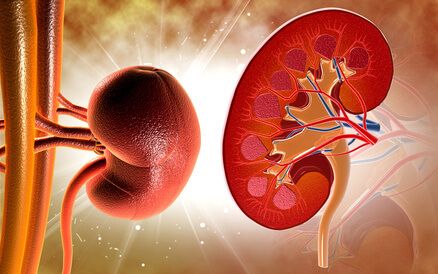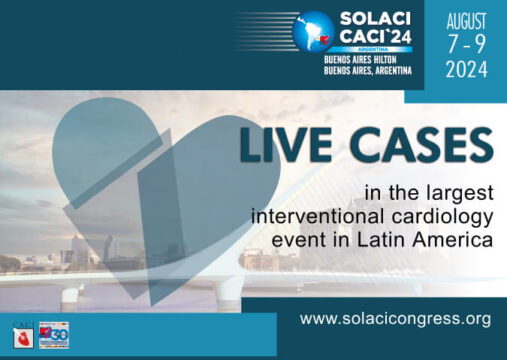Several studies have associated skipping breakfast (having little to no breakfast) with increased cardiometabolic risk factors such as obesity, hypertension, dyslipidemia, diabetes and metabolic syndrome.

This study examined all the available evidence on the association of skipping breakfast and cardiovascular and all-cause mortality.
It included 4 studies with close to 200,000 adults (mean age ≥40, 48.5% women) with no known cardiovascular disease at recruiting, followed up for mean 17.4 years.
The general analysis suggests that the population which regularly skips breakfast has 21% higher risk of CAD or cardiac death (HR 1.21, CI 95% 1.08 to 1.35; p=0.304) than those that regularly have breakfast.
Read also: Egg Consumption and Mortality Due to Cardiovascular Events.
Even all cause death risk was 32% higher in patients that skip breakfast (HR 1.32, CI 95% 1.17 to 1.48; p=0.339).
Looking closer, we find that the definition of “no breakfast” was heterogeneous between the studies and that the populations were also different, which might have led to misleading outcomes, regardless adjustments.
Robust data call for further study at long term with consistent definitions of “no breakfast”.
Read also: Artificially Sweetened Beverages and Alzheimer Risk.
Meanwhile, it seems reasonable (within the primary prevention scope) to recommend our patients have breakfast, which should the most important meal.
Original Title: Skipping Breakfast and the Risk of Cardiovascular Disease and Death: A Systematic Review of Prospective Cohort Studies in Primary Prevention Settings.
Reference: Richard Ofori-Asenso et al. J Cardiovasc Dev Dis 6 (3) 2019 Aug 22.
Subscribe to our weekly newsletter
Get the latest scientific articles on interventional cardiology
We are interested in your opinion. Please, leave your comments, thoughts, questions, etc., below. They will be most welcome.





